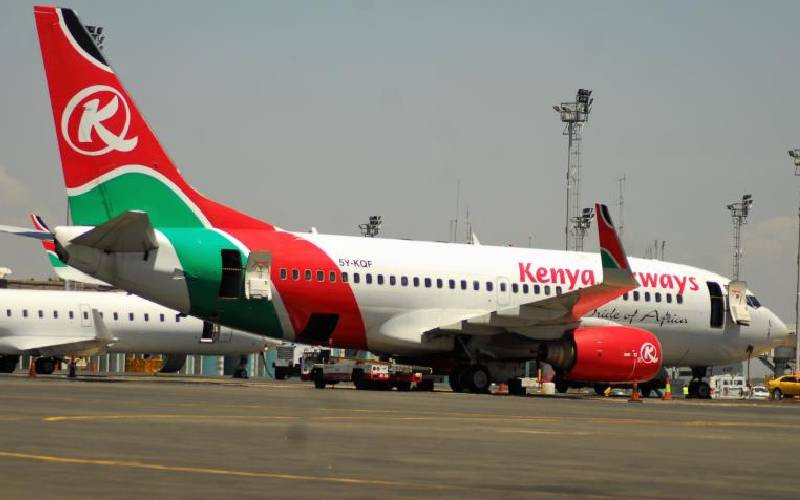×
The Standard e-Paper
Join Thousands Daily

In January 2014, national carrier Kenya Airways approached the Export-Import (Exim) Bank of the United States for a Sh122 billion loan to purchase seven aircraft and one engine.
The investment was meant to facilitate Project Mawingu, the airline's strategy to modernise its fleet and expand its international destinations.